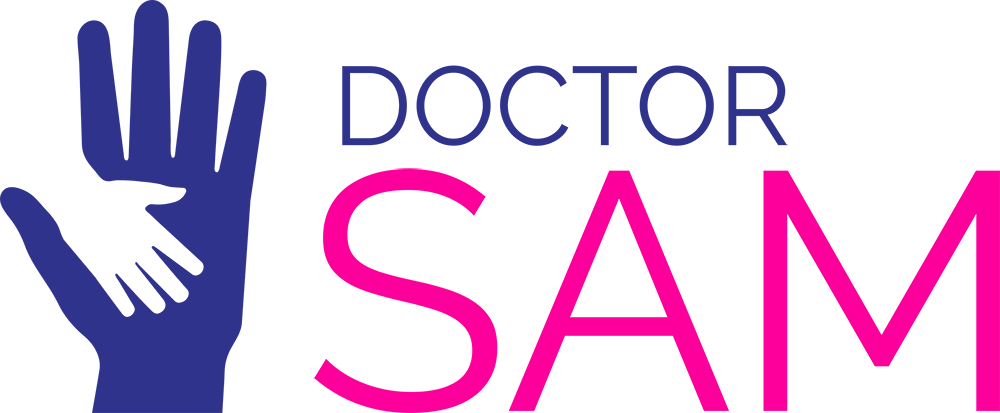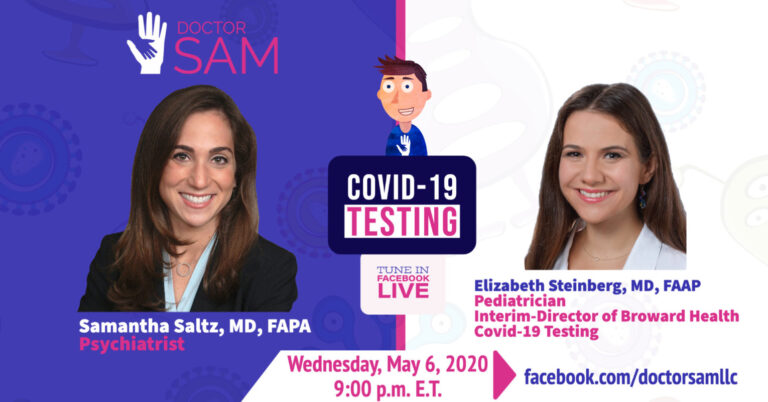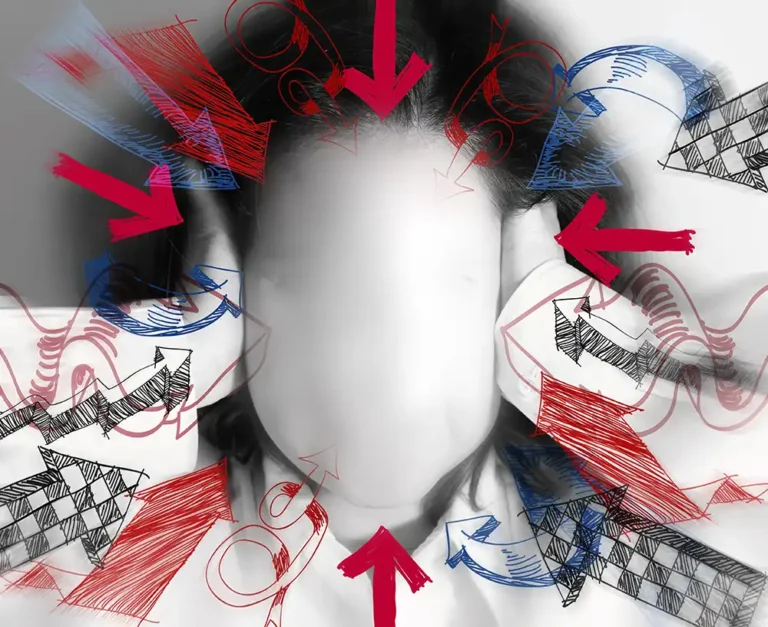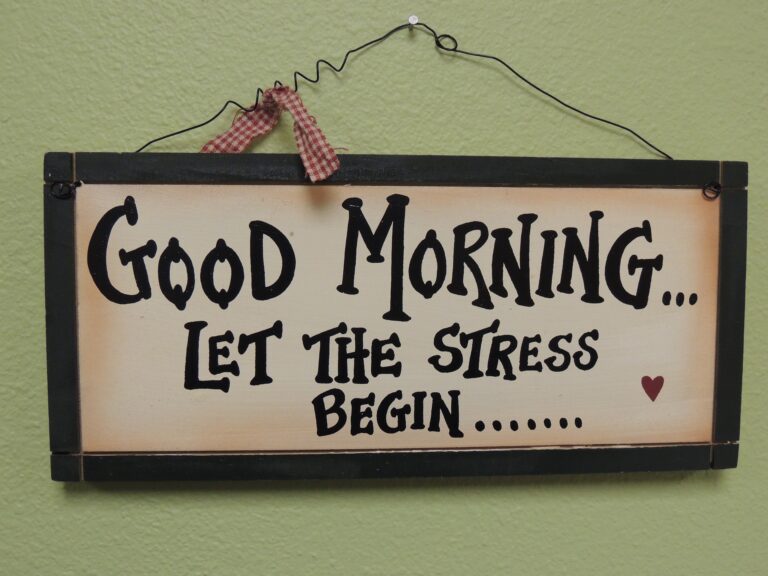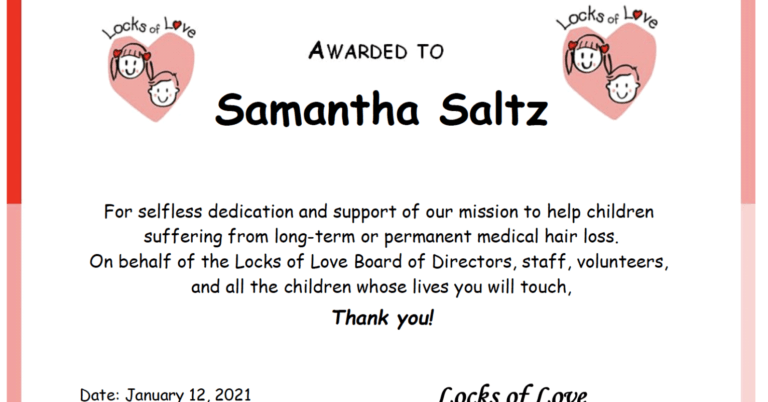You have probably heard of the popular Netflix series “13 Reasons Why.” The series is about an adolescent girl, Hannah, who recorded audio tapes before her death detailing 13 reasons why she committed suicide. Each tape centers on a different person who bullied her, hurt her or simply let her down. After her death, the tapes are circulated among these 13 individuals — who Hannah felt played a part in her decision to take her own life. The series depicts graphic images of sexual abuse, bullying and suicide.
While this show can provide perspective into stressors teenagers cope with regularly, it also may overdramatize teenage conflict. Some have even suggested that the show glorifies suicide.
The American Foundation for Suicide Prevention (AFSP), the American Psychiatric Association (APA), the American School Counselor Association (ASCA), the National Association of School Psychologists (NASP), and other mental health organizations, have united to educate people about the risks and benefits of watching 13 Reasons Why. It’s imperative that those suffering from mental health pathology use discretion when watching this show.
Parents and schools must be aware of the potential risks associated with this Netflix series. The tapes Hannah leave behind create a strong interest and attention to her life, her struggles and her suicide – attention that could be attractive to someone suffering from certain types of mental health pathologies. The series depicts the pain and anguish that Hannah’s parents suffer from following her death as they beg Hannah’s classmates (many of whom are on the audio tapes) for information about why she died. But rather than disclose information about her death, the individuals on the tapes unite in secrecy, afraid of the consequences they could face if others find out about Hannah’s story and their role in her decision to take her life.
While on the one hand, the show opens an important dialogue about the significant impact ones actions can have on another (whether those actions be as severe as rape or failing to recognize a call for help), on the other, it dramatizes a life after suicide existing through meticulously planned audio tapes.
Suicide is a problem and adolescents are particularly vulnerable. Parents and schools must be willing to speak with children and adolescents about mental health, depression and suicide. Suicide should not be glorified or overgeneralized. And it must be remembered that its causes are almost always multifactorial.
Seeking assistance from a mental health professional is crucial if you or someone you know is suffering from depression or other mental health pathologies. Call 911 immediately if you or someone close to you is acutely suicidal. You can also dial the national suicide lifeline at 1-800-273-TALK (8255). Mental health problems are treatable – make sure those in need get help.
